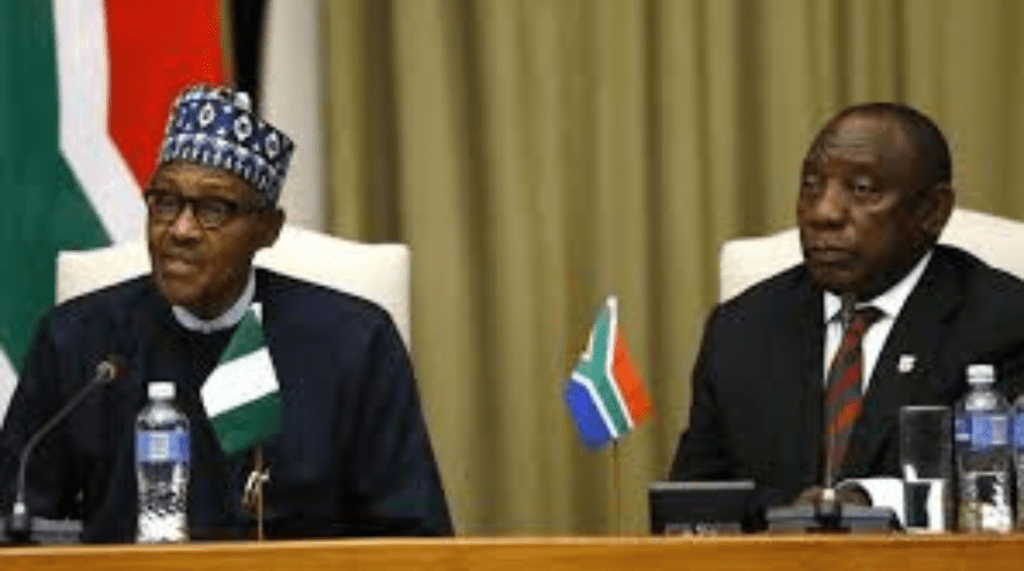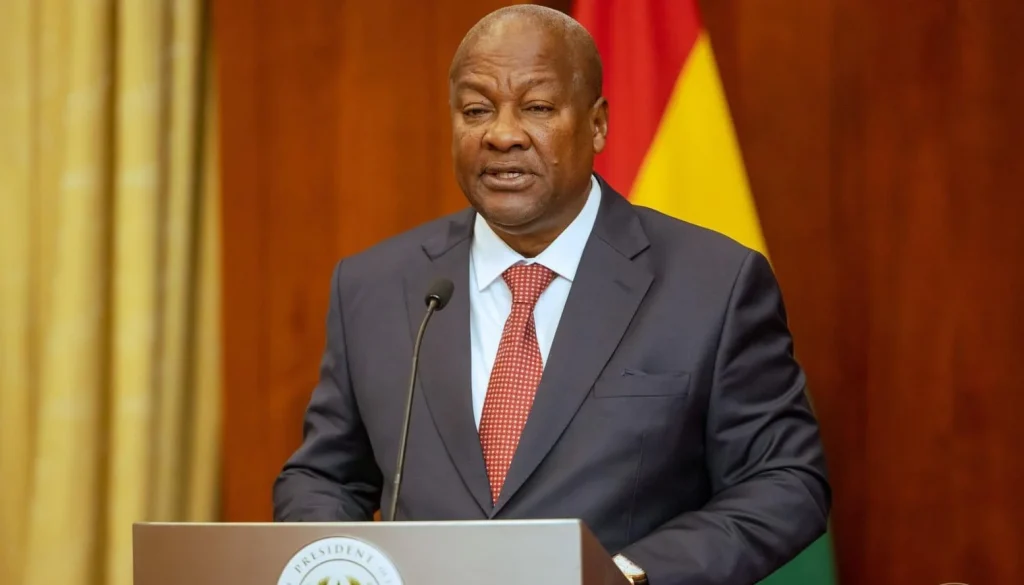Nigeria and South Africa, the two largest economies in Africa, have signed a new bilateral trade agreement in a ceremony held in Pretoria. This landmark agreement, signed by Nigerian President Bola Tinubu and South African President Cyril Ramaphosa, aims to strengthen trade ties, reduce tariffs on key goods, and promote economic cooperation between the two countries.
The agreement, finalized after months of negotiation, includes provisions to cut tariffs on several essential goods, including machinery, agricultural products, and manufactured goods. Officials from both countries indicated that the agreement will enable easier access to each country’s markets, reduce trade barriers, and encourage foreign direct investment. The decision was made as part of efforts to promote economic growth and cooperation between the two nations, which together represent a substantial portion of Africa’s GDP.
Details of the Agreement
Under the terms of the agreement, both countries are set to reduce tariffs on a list of key goods that have been mutually identified as areas of interest. This includes reductions on tariffs for agricultural produce from South Africa and manufactured goods from Nigeria, sectors that have faced significant barriers in recent years. The agreement also covers non-tariff measures such as improved customs procedures, standardization of product regulations, and mutual recognition of certification processes.
Dr. Ngozi Okonjo-Iweala, Director-General of the World Trade Organization, expressed her support for the deal, noting that it reflects a broader trend of African economies working to strengthen intra-continental trade ties. “This agreement will support both countries in boosting their industrial capacities and creating more jobs,” Okonjo-Iweala said.
Economic Benefits and Impact
The Nigerian and South African governments anticipate that the new agreement will lead to a substantial increase in bilateral trade volumes, helping to address trade imbalances and foster more diverse economic connections. This agreement aligns with the African Continental Free Trade Area (AfCFTA) goals, which seek to increase intra-African trade by creating more fluid economic cooperation across borders. AfCFTA Secretary-General Wamkele Mene commended the new deal, stating that it sets a positive example for other African nations looking to maximize economic opportunities within the continent.
Analysts predict that this agreement could open up significant opportunities for small and medium-sized enterprises (SMEs) in both countries by providing greater access to markets and resources. According to Dr. Sarah Ogunjimi, an economist with Nigeria’s Ministry of Trade and Investment, “This partnership has the potential to expand the reach of Nigerian SMEs to South Africa’s markets, offering new revenue streams and more investment in innovation.”
Future Prospects and Political Context
Beyond trade, the agreement also symbolizes an improvement in diplomatic relations between Nigeria and South Africa, whose historical trade and political disputes have often created barriers to more robust economic partnerships. Following the signing ceremony, President Tinubu highlighted the shared aspirations between the two countries, noting, “This agreement signifies a commitment to move past any historical differences, focusing instead on how our economies can support each other’s growth.”
The two presidents also announced plans to hold annual bilateral trade summits, alternating between Abuja and Pretoria, to monitor the agreement’s progress and address any issues that may arise.























